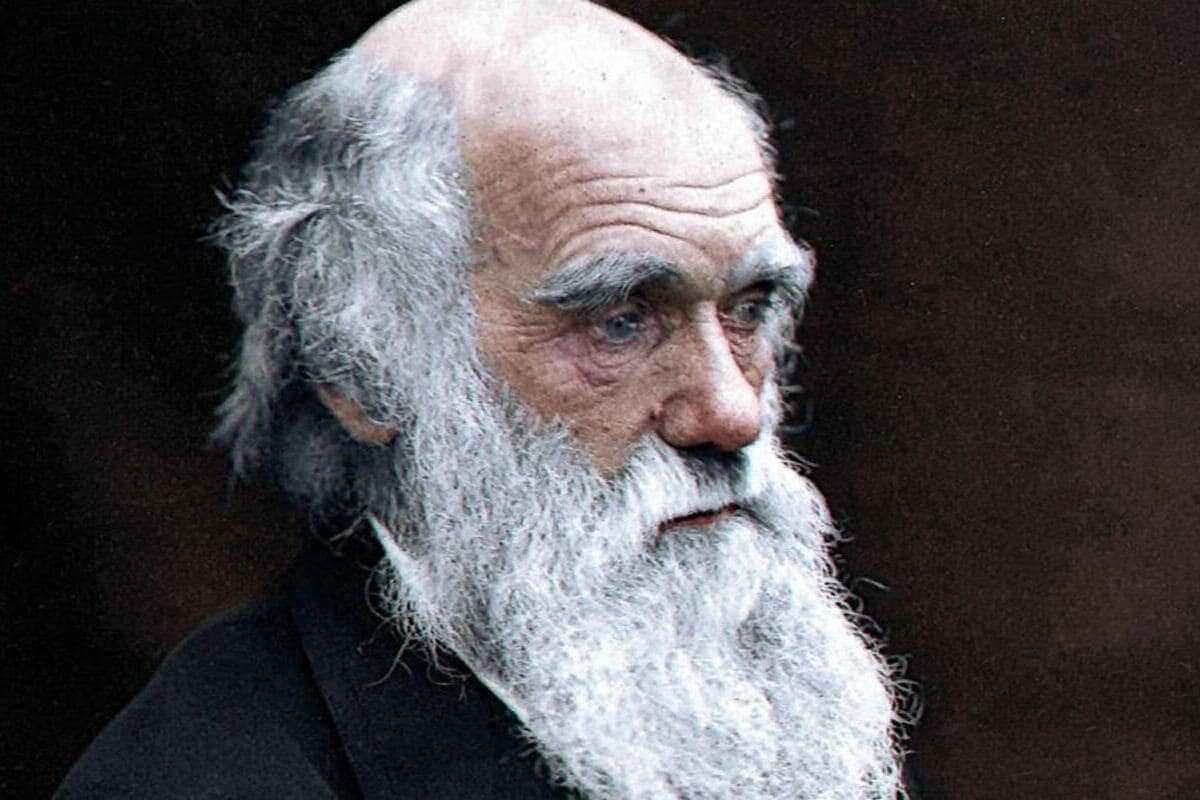Charles Darwin is a name known to almost everyone with an interest in biology or the history of science. His theory of natural selection revolutionized the understanding of species origin and humanity’s place in nature. However, behind this famous name was not only a groundbreaking scientist but also a man with a unique life story, unexpected interests and complex views. His life was full of exploration, scientific discovery and personal struggles. Here are fascinating and little-known facts about Charles Darwin that you may not have known.
- Charles Darwin was born into a wealthy and influential British family. His grandfather Erasmus Darwin was a well-known naturalist and poet, and his father was a successful physician. His parents hoped he would pursue a medical career, but Charles could not stand the sight of blood. Eventually, he abandoned medical school and enrolled in theology, only to later dedicate himself fully to science.
- Although Darwin is closely associated with the theory of evolution, he did not initially plan to focus on it. His journey aboard the HMS Beagle was intended for the observation of nature and collection of plant, animal and fossil specimens. Over five years, he traveled through South America, the Galápagos Islands, Australia and Africa. These observations later formed the foundation of his theory of natural selection.
- On the Galápagos Islands, Darwin noticed subtle differences in the beaks of finches living on different islands. Although he did not understand their significance at the time, these differences later became central to his evolutionary theory. Some of the specimens were initially misidentified and only analyzed correctly after his return to England. This highlights how crucial analysis and intuition were to his scientific process.
- His most famous work, “On the Origin of Species,” was published in 1859 and sparked a major public debate. Darwin hesitated to publish it, fearing backlash from religious circles and his family. When he learned that another scientist, Alfred Russel Wallace, had independently reached similar conclusions, Darwin decided to act quickly. In the first edition, he deliberately avoided direct discussion of human evolution to prevent excessive controversy.
- Despite his bold scientific ideas, Darwin was a modest and cautious individual. He lived a quiet life in the countryside, far from the public eye, and kept detailed personal journals. His letters and diaries are now valuable sources for historians of science. He disliked public speaking and avoided direct debates.
- Darwin suffered from chronic health problems throughout much of his life. The exact cause is still debated, but possible diagnoses include Chagas disease, gastrointestinal disorders or anxiety. He often worked while confined to bed, writing and conducting correspondence. His persistence in the face of illness is a testament to his dedication.
- From a young age, Darwin was passionate about collecting, especially beetles. He once held two beetles in his hands and attempted to catch a third one with his mouth. His love of nature was deep and sincere. This early fascination eventually led to his groundbreaking discoveries.
- While Darwin was a naturalist, he did not entirely reject religion but gradually distanced himself from traditional beliefs. He described himself not as an atheist but as an agnostic. His wife Emma was deeply religious, and they often had delicate conversations about faith. Their relationship remained warm and respectful despite their differing worldviews.
- Darwin had ten children, several of whom became scientists. His son Francis Darwin was a botanist, and George Darwin was an economist. Charles was a kind and attentive father who allowed his children to play and make noise in his study. Family was always a central part of his life.
- Darwin died in 1882 and was buried in Westminster Abbey near Isaac Newton. His burial was a sign of official recognition of his scientific contributions, despite the controversy his ideas caused in religious circles. It was a rare honor for a scientific revolutionary to receive such respect during his lifetime. His name is forever etched in the history of human thought.
- He published more than twenty scientific works, including books on domestic animals, orchids, earthworms and human emotions. His intellectual interests went far beyond just evolution. He sought to understand all forms of life on Earth. His observations remain relevant and influential to this day.
These incredible facts about Charles Darwin show that behind his famous theory was a life filled with work, reflection and personal challenges. He combined the curiosity of a child with the determination of a researcher, daring to question the accepted truths of his time. His legacy extends beyond biology, changing the very way humanity thinks. Darwin continues to inspire generations of seekers of knowledge.





